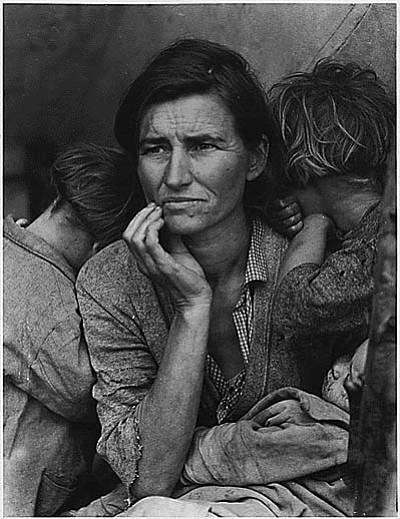When you think about the Great Depression, classic photographs probably come to mind: bowler-hatted men selling pencils on the street or lining up for soup; a grim-faced mother surrounded by barefooted children, contemplating the future.
Has the recent Great Recession generated any similarly unforgettable images? Foreclosure signs, empty storefronts, neglected building parcels?
“Millions were harmed, but there really wasn’t a human face of the Great Recession,” said Deborah Willoughby of 211info.org. But now there is.
When award-winning documentarians and brothers Joe and Harry Gantz wanted to make a film that explored the economic realities of the last few years, they came to Portland and went knocking at 211info, the area’s leading human-service hotline and information clearinghouse. It’s a first call for help for many families who are struggling to stay housed, healthy and stable despite odds that seem tilted steeply against them.
The 211 hotline doesn’t normally build ongoing relationships with callers, Willoughby said; it gives them the information they need and sends them on their way, privacy guaranteed. But once the Gantz brothers started hunting for subjects, the 211 staff developed a careful script of invitation. Finished with the substance of a client’s call, they’d mention that they were working with these documentarians. Would the client mind being contacted by them? Even if there was no payment or benefit for participating?
“Originally, I thought no one would participate. There is so much shame associated with poverty,” said Willoughby, who is used to hearing 211 callers say they’re reluctant even to apply for food stamps — let alone speak out about their poverty in a movie.
But this turned out to be different. “Amazingly to me, the majority that we asked said yes,” said Willoughby, who lives in Vancouver. “The reason why is, people felt disenfranchised, like they didn’t have a voice. The recession was destroying the life they’d lived. An opportunity to tell that story so people would understand was just golden.”
Free screening
Now, you can hear those stories and see the Gantz brothers’ new unforgettable images. As part of the 50th anniversary of the “War on Poverty,” declared in the mid 1960s by President Lyndon Johnson, the Clark County Department of Community Services is offering a free screening of the brothers’ acclaimed 2013 film, “American Winter.”
The movie follows an informal dinner and precedes a panel discussion about poverty and local programs launched as part of Johnson’s War on Poverty. Willoughby will be on the panel. The event is set for 6 to 9 p.m. March 12 at the Center for Community Health, 1601 E. Fourth Plain Blvd. Learn more at www.clark.wa.gov/community-action.
Eight families are featured in “American Winter,” and their stories are “extremely difficult,” Willoughby said. But it’s not all gloom and doom, she added, because you also get to see the help they get and the progress they make. That certainly is a treat for the 211 staff who normally never learn what happens to the desperate people they tried to help, she said.
“We could see that our work actually pays off. We could see that the system works,” Willoughby said. “There are failures all over the place, too, but when you give a referral to someone who’s living in an unheated garage with their son and they’re at the end of their rope … to see that family get into shelter and get a voucher … it’s an incredible gift for us, too.”
Bits ‘n’ Pieces appears Fridays and Saturdays. If you have a story you’d like to share, email bits@columbian.com.




